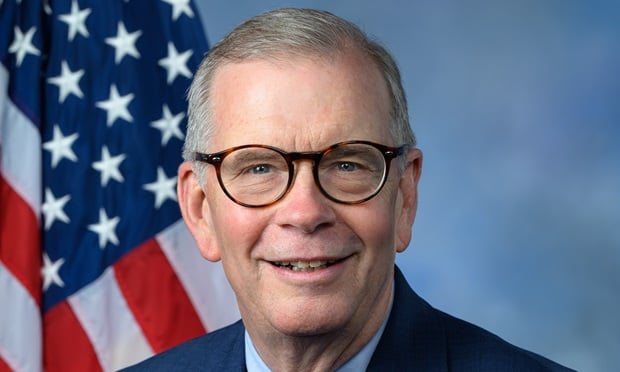(Bloomberg) -- California is becoming the new battleground for drug pricing, with pharmaceutical companies pouring millions of dollars into an effort to head off a state ballot initiative that would rein in spending on medicine.
The California Drug Price Relief Act would require government health programs to only contract with drugmakers at prices that are the same as or lower than those paid by the U.S. Department of Veterans Affairs, which typically gets deep discounts on medications from drug manufacturers.
Drug prices have "gone from crazy to obscene," said Michael Weinstein, president of the AIDS Healthcare Foundation, in a September interview. The Los Angeles-based non-profit organization is a proponent of the initiative. "Every new category of drugs is like 30 percent higher than the previous one."
Recommended For You
Complete your profile to continue reading and get FREE access to BenefitsPRO, part of your ALM digital membership.
Your access to unlimited BenefitsPRO content isn’t changing.
Once you are an ALM digital member, you’ll receive:
- Breaking benefits news and analysis, on-site and via our newsletters and custom alerts
- Educational webcasts, white papers, and ebooks from industry thought leaders
- Critical converage of the property casualty insurance and financial advisory markets on our other ALM sites, PropertyCasualty360 and ThinkAdvisor
Already have an account? Sign In Now
© 2025 ALM Global, LLC, All Rights Reserved. Request academic re-use from www.copyright.com. All other uses, submit a request to [email protected]. For more information visit Asset & Logo Licensing.








